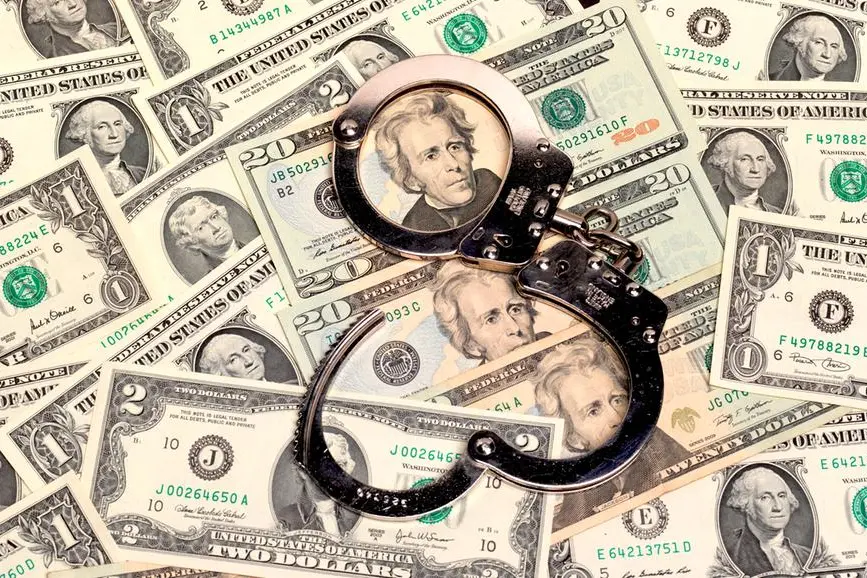PHOTO
JubaSomalia and South Sudan are the most corrupt countries in the world, according to the latest ranking index by Transparency International (TI).
According to the 2022 Corruption Perceptions Index (CPI), Somalia is the most corrupt country, with South Sudan and Syria tying at number two.
The CPI ranks 180 countries and territories around the world based on their perceived levels of public sector corruption, scoring on a scale of 0 (highly corrupt) to 100 (least corrupt).
The report says that most countries have failed to stop corruption, with 95 per cent of them having made little to no progress since 2017.
The investigative report has named Denmark as the least corrupt country globally, followed by Finland and New Zealand, both of which tie at position two.“Leaders can fight corruption and promote peace all at once. Governments must open up space to include the public in decision-making – from activists and business owners to marginalised communities and young people.“In democratic societies, the people can raise their voices to help root out corruption and demand a safer world for us all,” said Transparency International Chief Executive Officer Daniel Eriksson.
Weakening peace
TI described corruption as a key cause of the world's weakening peace, stressing that international peace has been deteriorating for 15 years.“Corruption undermines governments' ability to protect people and erodes public trust, provoking more and harder to control security threats. On the other hand, conflict creates opportunities for corruption and subverts governments' efforts to stop it.“Even countries with high CPI scores play a role in the threats that corruption poses to global security. For decades, they have welcomed dirty money from abroad, allowing kleptocrats to increase their wealth, power and destructive geopolitical ambitions,” said TI.2021 rankingsIn 2021, TI ranked South Sudan the most corrupt country in the world, followed by Syria and Somalia which tied in the second position while Venezuela was in the fourth position.
Last year, South Sudan’s rights activists said that politicians and government institutions have condoned corruption.
This was after the United Nations Human Rights Commission released a report which revealed that South Sudanese authorities had embezzled $73 million from national coffers since 2018.
The UN report was followed by an alleged grand corruption deal which prompted President Salva Kiir to order his then Finance and Economic Planning Minister Athian Diing to cancel a sovereign guarantee transaction worth $650 million.
In addition, South Sudan’s auditor-general in a report in 2021 also said there were “ineligible payments amounting to $2,134,080 made to individual accounts and $849,830 irregularly spent on salary arrears from June 2019 to July 2020 in foreign missions”.
Grand corruption
In the audit, the auditor-general said the government also failed to provide supporting documentation for payments amounting to $468,287.
In September 2020, the US government imposed additional economic sanctions on a company owned or controlled by Sudanese businessman Ashraf Seed Ahmed Al-Cardinal for his role in corruption connected to the South Sudanese government.
In October 2019, Kur Ajing Ater was also sanctioned alongside Al-Cardinal after the US Treasury’s Office of Foreign Assets Control Department (OFAC) accused him of robbing the war-torn country of its critical resources.
In April last year, the United Kingdom sanctioned Al-Cardinal over corruption and involvement in businesses that fuel conflict in South Sudan.
In its latest report, TI says in countries where corruption reigns, the governments are unable to protect their people, while public discontent is more likely to turn into violence.“This vicious cycle is impacting countries everywhere from South Sudan to Brazil,” TI says.
© Copyright 2022 Nation Media Group. All Rights Reserved. Provided by SyndiGate Media Inc. (Syndigate.info).




















